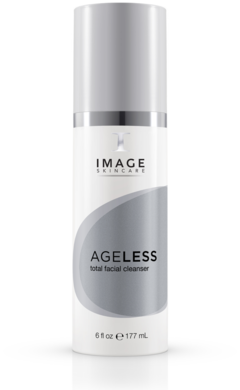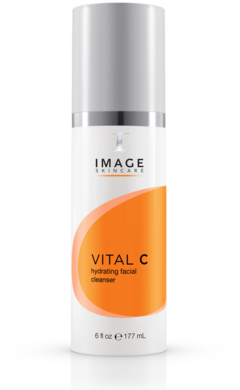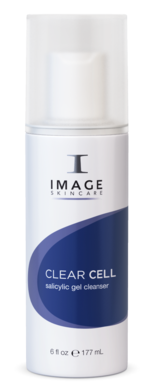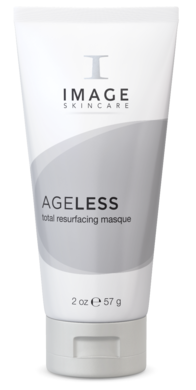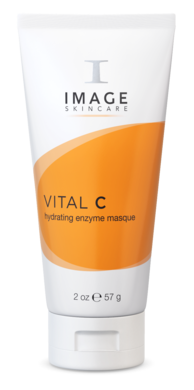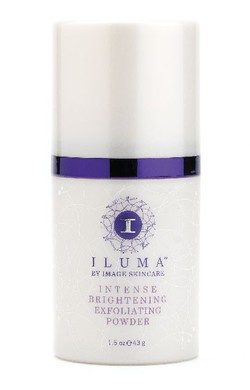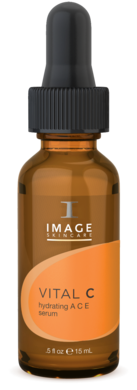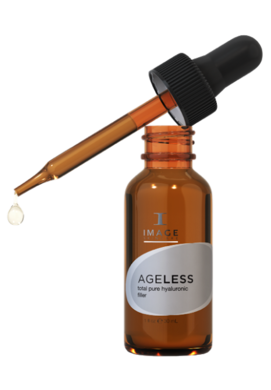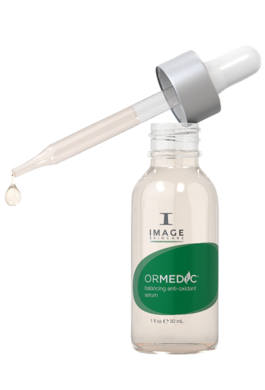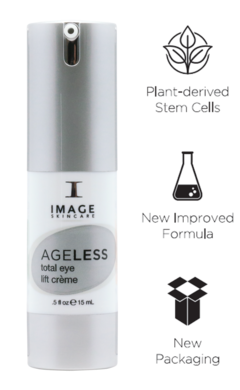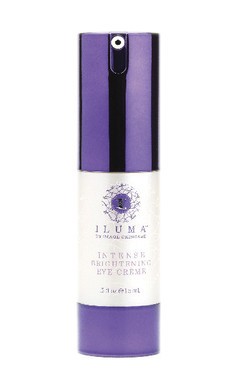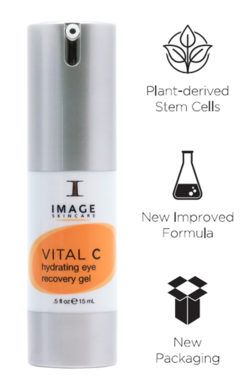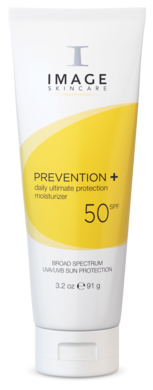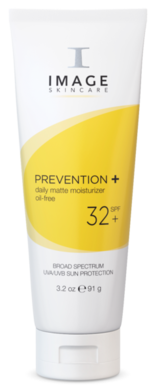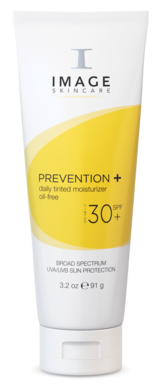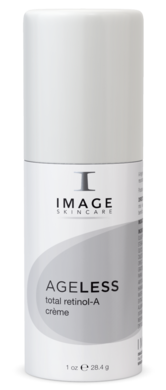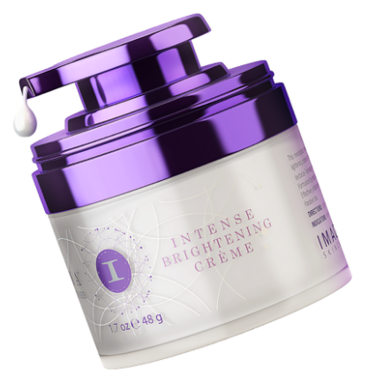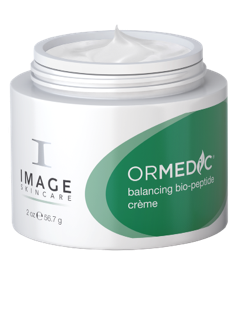Skincare 101
Let's face it- skincare products can be overwhelming. What does one really need? What's the difference between an enzyme exfoliator and a mechanical one? Why are some things more expensive than others? Today we tackle each product category and focus on the basics between each.
Cleansers
There are so many different types out there! It's hard for people to decide which is best for them. Cream cleansers are usually for those who have dry or sensitive skin because they penetrate the skin and moisturize. Gel cleansers are geared more toward normal to oily skin types because they help strip away excess oil. It really depends on your preference and what works best for you, but this is a good thing to keep in mind. You also want to know if the cleanser is pH balanced to your skin. Most cleansers are not and strip the natural pH, so toners are used to put your skin back into balance. There are companies out there (like Image Skincare) that formulate their cleansers to be pH balanced to your skin, eliminating the need for a toner. Below are just a few of the cleansers that are client favorites:
Ageless (gel) Cleanser, Vital C (cream) Cleanser, Clear Cell (gel) Cleanser
Exfoliators
There are two types of exfoliation: mechanical and chemical. Mechanical exfoliants have some type of grit to the product like synthetic beads, walnut shells, or something with similar effect. Chemical exfoliants use plant enzymes, glycolic or salicylic acids that exfoliate the skin. These are particularly more effective for sensitive skin types that cannot handle the rough texture of mechanical exfoliants. It depends on which type you use, but most that are using plant enzymes can be utilized 3 to 4 times per week, while most mechanical exfoliants are used 1 to 2 times per week. Whichever you choose, this is one of the most important steps! You want to get rid of those dead skin cells that are damaged as well as dirt and oil that gets left behind on the skin.
Ageless Resurfacing Masque, Vital C Enzyme Masque, Iluma Exfoliating Powder
Serums
Typically, serums are formulated with smaller molecules to penetrate to a deeper level in the skin. This is great for those who want to lighten sun damage, help boost collagen, and maintain elastin- so basically every woman I know. Hyaluronic serums are very popular since they help retain skin's moisture and help support collagen synthesis. Vitamin C serums are also used for this purpose. Vitamin C and antioxidant serums help protect skin from free radicals.
Ageless Hyaluronic Filler, Vital C Hydrating ACE Serum, Ormedic Anti-Oxidant Serum
Eye Creams
If you are one of those people who have beautiful skin without trying due to those great genes, be prepared for people to envy you! If there was only one product that is an absolute must, it's eye cream. No matter how great our genes are, the skin around our eyes is thinner than the rest of our face and usually is the first indicator of our age. It's never too early to treat that eye are to help support the elastin and collagen.
Ageless Total Eye Lift Cream, Iluma Brightening Eye Cream, Vital C Hydrating Eye Gel
SPF Moisturizers
After you wash your face, apply your serum and eye cream in the morning, you want to moisturize. I'm a big fan of SPF moisturizers, mainly because it has 2 steps in one product: moisturize and protect. If you want to prevent aging, you have to be mindful of the sun. Sun protection isn't just needed in the summer on the beach. You need it everyday for all season. Image provides SPF moisturizers for all skin types. Here are some of my favorites:
Ultimate Protection, Daily Matte, Daily Tinted
Night Creams
Moisturizing at night is crucial since your skin rejuvenates and heals itself at night, so finding a cream that has active ingredients is key. Retinol is a big one. Retinol can be used to prevent aging, fine lines, sun damage, and even acne. Lactic acid and hydroquinone are popular to use at night as well to help lighten pigmentation.
Ageless Retinol-A Cream, Iluma Brightening Cream, Ormedic Balancing Bio-peptide Cream
Over-the-counter vs Cosmeceuticals vs Medical Grade
What's the difference? Over-the-counter products are skincare products that you can get anywhere like a drugstore or grocery store. These tend to be less expensive. The reason? They don't have the same quality or percentage of active ingredients that cosmeceuticals or medical grade products would have.
Cosmeceuticals are products you can get at day spas that have better quality ingredients than over the counter, but not as high of a percentage of those ingredients as medical grade. Medical grade or pharmaceutical grade skincare products are usually sold under a doctor's care like a medical spa or dermatologist's office. They have a higher percentage of active ingredients, but also tend to be more expensive.
I know it's a lot of information to take in, but we have to be knowledgeable about our products so we aren't doing our skin injustice. Make sure you do your research! Still have questions? Schedule a consult at Dermasweet and I'd be happy to go into more detail on any concerns you have!

